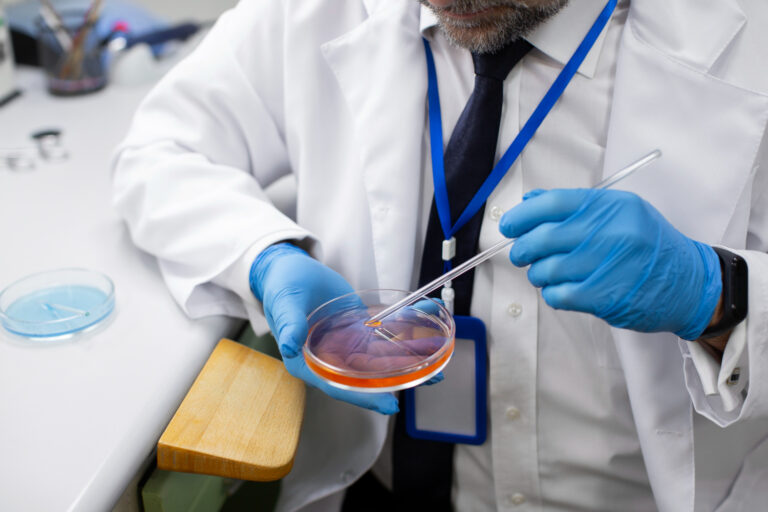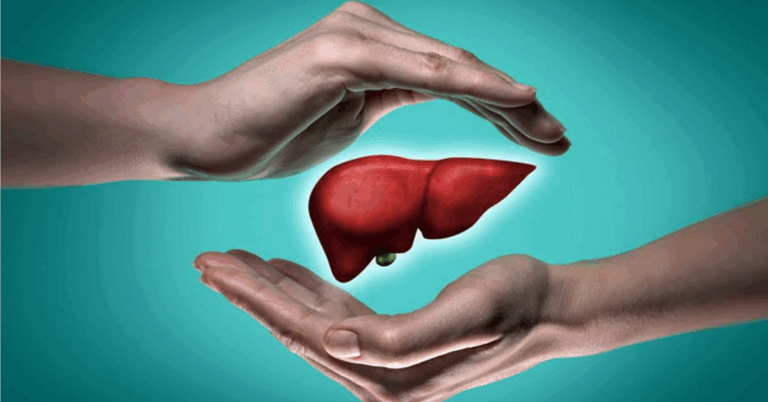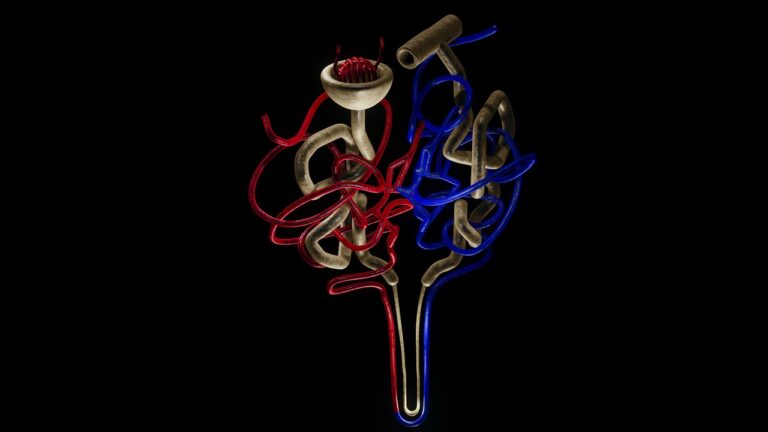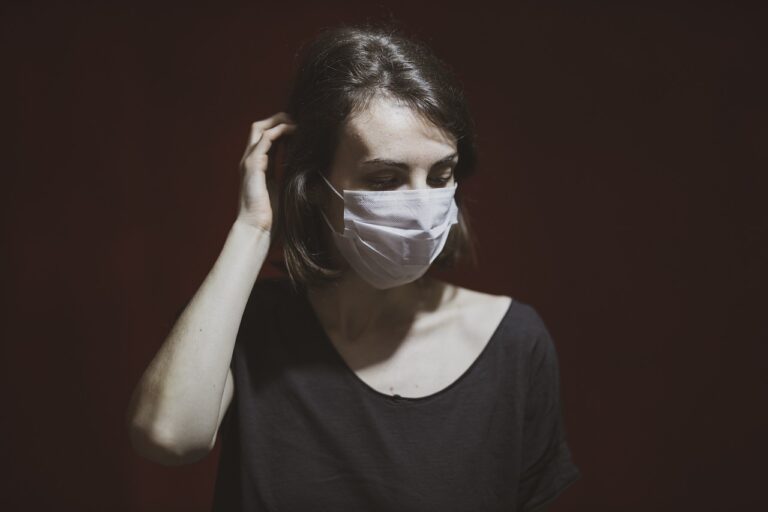The Benefits of TCM Acupuncture in Singapore: A Comprehensive Guide
Traditional Chinese Medicine (TCM) is a holistic healing system that has been practiced for over 2,000 years, gaining popularity worldwide for its ability to treat a wide variety of ailments. Among the many techniques used in TCM Acupuncture Singapore stands out as one of the most well-known and widely practiced therapies. In Singapore, where modern medicine and alternative therapies coexist, TCM acupuncture has gained significant attention for its potential to enhance overall wellness and treat both chronic and acute conditions.
This article provides an in-depth look at TCM acupuncture in Singapore, exploring its history, techniques, benefits, and the types of conditions it can treat. We will also address some common frequently asked questions (FAQs) to provide you with a comprehensive understanding of how acupuncture can be used to improve your health.
What is TCM Acupuncture?
Acupuncture is a key component of Traditional Chinese Medicine (TCM), which is based on the concept of balancing the body’s vital energy, known as Qi (pronounced “chee”). In TCM, it is believed that Qi flows through the body along specific pathways, called meridians. When the flow of Qi is blocked or unbalanced, it can lead to illness or discomfort.
Acupuncture involves the insertion of thin, sterile needles into specific points on the body, known as acupuncture points, to stimulate the flow of Qi and restore balance. This process is thought to encourage the body’s natural healing abilities, promote circulation, and relieve pain.
The History of Acupuncture in TCM
Acupuncture is one of the oldest forms of medical treatment in the world, with origins dating back to ancient China over 2,000 years ago. It was initially documented in classical texts such as the “Huangdi Neijing” (Yellow Emperor’s Inner Canon), which laid the foundations for TCM and acupuncture.
Over centuries, acupuncture techniques have been refined, and its application has expanded beyond China to other parts of Asia and the world. In Singapore, acupuncture has gained significant popularity as an alternative treatment for various health conditions, integrating seamlessly with the country’s healthcare system.
How Does Acupuncture Work?
Acupuncture works by stimulating the body’s Qi at specific points that correspond to different organs and systems. The needles are strategically inserted into these acupuncture points, creating a mild sensation known as de-qi, which signals the body to begin its healing process.
This process is believed to activate the body’s natural painkillers, called endorphins, and improve circulation, enhancing the delivery of oxygen and nutrients to cells and tissues. Additionally, acupuncture is thought to regulate the nervous system, reduce inflammation, and support immune function.
Types of Acupuncture Treatments
Acupuncture treatments can be categorized into several types, depending on the condition being treated and the specific technique used. These include:
Traditional Acupuncture: This method uses needles to stimulate specific points on the body, balancing Qi and promoting overall health.
Electroacupuncture: A modern variation of acupuncture, electroacupuncture involves applying a small electrical current to the needles, which is believed to enhance the therapeutic effects.
Auricular Acupuncture: In this form of acupuncture, needles are inserted into points on the ear, which are thought to correspond to different parts of the body. It is often used for conditions like addiction, stress, and weight loss.
Cupping Therapy: While not technically acupuncture, cupping therapy is often used in combination with acupuncture. It involves placing cups on the skin to create a vacuum, which is believed to improve blood flow, release toxins, and alleviate pain.
Moxibustion: This is another complementary treatment where dried mugwort (moxa) is burned near acupuncture points to warm and stimulate the body, improving circulation and enhancing healing.
Common Conditions Treated by Acupuncture in Singapore
Acupuncture has been shown to help with a wide range of conditions, both physical and emotional. Some of the most common conditions treated with acupuncture in Singapore include:
Pain Management
Acupuncture is widely used to treat chronic pain, including back pain, joint pain, and neck pain. It is believed to stimulate the body’s natural pain-relieving mechanisms and improve circulation, which can reduce inflammation and promote healing.
Stress and Anxiety
Acupuncture has been found to have a calming effect on the nervous system, helping to alleviate stress, anxiety, and depression. By regulating the body’s stress response, acupuncture can promote relaxation and emotional balance.
Digestive Issues
Acupuncture is used to treat a variety of digestive disorders, including irritable bowel syndrome (IBS), constipation, and bloating. By stimulating specific acupuncture points, it is thought to improve the digestive process and promote overall gut health.
Sleep Disorders
Insomnia and other sleep disturbances are common in today’s fast-paced world. Acupuncture is often used to improve sleep quality by regulating the body’s internal rhythms and promoting relaxation.
Headaches and Migraines
Acupuncture can be an effective treatment for chronic headaches and migraines. By targeting specific points, it is believed to alleviate pain, reduce inflammation, and improve circulation to the head and neck.
Women’s Health
Acupuncture is frequently used to address a range of women’s health issues, including menstrual irregularities, fertility issues, and symptoms of menopause. It is thought to help balance hormones, regulate menstrual cycles, and improve reproductive health.
Allergies and Respiratory Conditions
Acupuncture is also used to treat seasonal allergies, asthma, and sinusitis by strengthening the immune system and improving respiratory function.
The Benefits of Acupuncture
Holistic Healing: Acupuncture treats the root cause of the issue, rather than just alleviating symptoms. It works to restore balance to the entire body, promoting overall health and well-being.
Minimal Side Effects: Unlike some medications, acupuncture has very few side effects. Most patients experience little to no discomfort during or after treatment, and it is considered a safe and non-invasive therapy.
Promotes Natural Healing: Acupuncture works by stimulating the body’s natural healing mechanisms, which helps to enhance the body’s ability to heal itself.
Improves Mental Health: Many patients find that acupuncture helps to alleviate stress, anxiety, and depression, contributing to an improved sense of emotional well-being.
Supports the Immune System: By improving circulation and stimulating various systems of the body, acupuncture can help boost the immune system and prevent illness.
What to Expect During an Acupuncture Session
Before your acupuncture session, your acupuncturist will conduct a thorough consultation, which may include asking about your medical history, lifestyle, and symptoms. Based on this information, the acupuncturist will design a treatment plan tailored to your needs.
During the session, you will be asked to lie down on a comfortable treatment table, and the acupuncturist will insert thin, sterile needles into specific acupuncture points. The process typically lasts between 30 to 60 minutes, depending on the condition being treated. Some patients may feel a slight tingling or heaviness at the insertion points, but it is generally not painful.
After the session, you may feel relaxed or energized, depending on the treatment’s focus. It’s essential to follow any aftercare instructions provided by your acupuncturist to maximize the benefits of the treatment.
FAQs About Acupuncture
1. Is acupuncture painful? No, acupuncture is generally not painful. Most patients feel little to no discomfort when the needles are inserted. If you do feel any pain, it is typically mild and short-lived.
2. How many acupuncture sessions will I need? The number of sessions required depends on the condition being treated and its severity. For acute conditions, a few sessions may be sufficient, while chronic conditions may require ongoing treatment over weeks or months.
3. Are there any side effects of acupuncture? Acupuncture is generally safe and well-tolerated. Some people may experience mild soreness, bruising, or lightheadedness after a session, but these side effects are rare and typically resolve quickly.
4. Can acupuncture be used alongside other treatments? Yes, acupuncture can complement conventional medical treatments. It is often used alongside other therapies to enhance healing and improve overall health.
5. How can I find a qualified acupuncturist in Singapore? To find a qualified acupuncturist, ensure they are licensed and registered with a recognized regulatory body. Look for acupuncturists who have undergone proper training and certification in TCM.
Conclusion
TCM acupuncture is a powerful and effective therapy that has helped millions of people worldwide achieve better health and wellness. In Singapore, acupuncture is increasingly recognized as a safe and beneficial treatment for a wide range of conditions, from pain management to mental health and fertility. By focusing on the body’s natural healing processes and promoting balance, acupuncture offers a holistic approach to improving your overall well-being.
If you are considering acupuncture, be sure to consult with a qualified acupuncturist who can tailor a treatment plan specific to your health needs. With its long history and proven benefits, acupuncture may be the key to unlocking a healthier, more balanced life.







